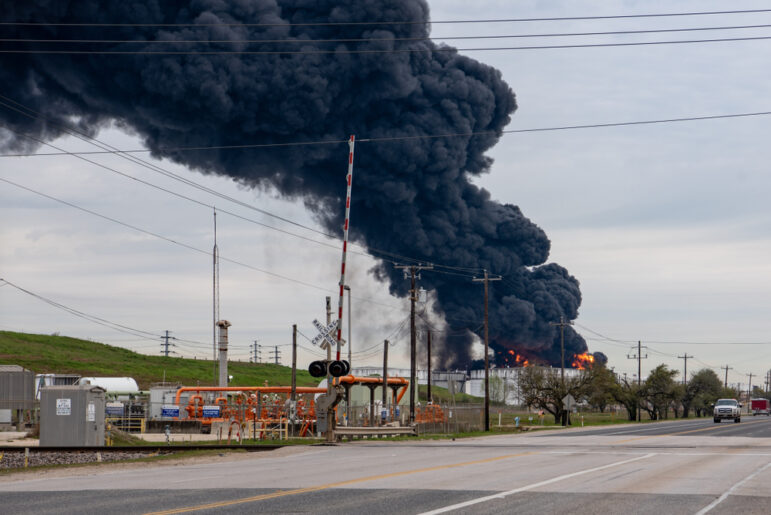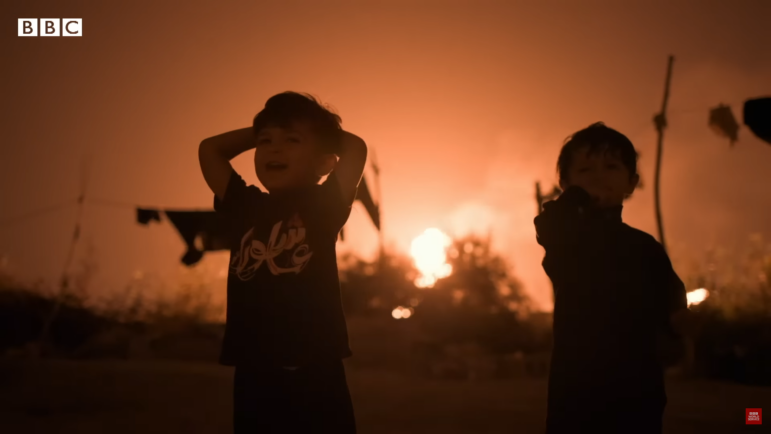Guide Resource
Guide to Investigating Caste
Investigating caste issues is crucial for understanding India’s socioeconomic dynamics and addressing systemic inequalities.
Investigating caste issues is crucial for understanding India’s socioeconomic dynamics and addressing systemic inequalities.

Cross-border investigations are trending all over the world. GIJN talked to organizations promoting reporting partnerships in Africa about their experiences and challenges.

The founders of GIJN member Recorder, from Romania, share lessons for making investigations visually memorable, attracting new audiences, and generating more revenue.

Four reporters share how they investigated extreme abuses of power at Mississippi sheriff’s offices and offer tips to help other journalists do similar work.

Reporters and editors from BBC’s flagship investigations program, Newsnight, share some lessons learned from three standout investigations into healthcare.

To show how investigative journalism can still be done in such a perilous reporting environment, here is a selection of some of the best investigations that have been produced so far on the Gaza conflict.
Featuring overlooked election-digging strategies, go-to open source tools, and a technique for identifying the individuals behind dangerous or hateful campaign sites.
Featuring a broad array of tools, techniques, and resources to help watchdog reporters dig into almost any campaign or election.
This guide is designed to offer a broad array of tools, techniques, and resources to help reporters dig into almost any election or political campaign.
Covering rules and technical trends, such as how voting procedures are changing in different regions and how to spot evidence of foreign interference.
Containing tips for tracking political conversations, campaign advertisements, and disinformation narratives online.
This webinar shares methodologies for investigating war and conflict, and provide a briefing on the laws that govern what, in popular usage, are called “war crimes.”

A legal loophole in the Clean Air Act allows air pollution to be erased from EPA statistics and regulatory decisions if the pollution was caused by “natural” or “uncontrollable” events.

The best of modern data journalism tells powerful stories that test assumptions. At GIJC23, two experts discussed strong recent investigations and what makes them stand out.

A curated list of 10 notable GIJN articles from this past year — a mix of our most popular stories, great reads, data journalism best practices, and game-changing reporting tips.

Yusuf Anka spent three years riding into and out of dangerous territory in northwestern Nigeria, investigating armed gangs plaguing his home region.

A unique collaboration between four Nordic public broadcasters sought to uncover the scale of Russian covert spying operations in the region.

A reporting team provides the backstory of the Guardian’s years-long investigation into the world of online child sex trafficking.

The authors give a behind-the-scenes look at their investigation into a massive chemical fire in Houston in March 2019.

A study found many Google News Initiative projects in Middle East and Africa struggle to become more than makeshift versions of the original idea.

Bellingcat fellow Dennis Kovtun tests the online geolocation capabilities of two popular AI chatbots — Microsoft’s Bing AI and Google’s Bard — and finds both have some serious drawbacks.

Two editors from India and Hungary, respectively, Ritu Kapur and Peter Erdelyi, offer survival tips based on how their outlets have managed to stay afloat in the face of press freedom challenges in backsliding democracies.

GIJN member El Surtidor is a Paraguayan news organization created in 2015 that prioritizes innovation and multi-platform, visual journalism.

For every human source who assists investigative journalists, there are dozens of officials, victims, and potential whistleblowers with vital information whom reporters never engage.

In “Under Poisoned Skies,” an award-winning investigation from BBC News Arabic, reporters headed to southern Iraq to explore the impact of gas flaring on the environment and public health.

The group has built an international network of more than 100 trained investigative journalists and environmental experts probing the activities impacting the natural world.

GIJN looks at three different reports from Europe and Latin America that track where our garbage goes around the world and investigate the implications for people and the environment that waste can present.

For GIJN’s My Favorite Tools series we spoke with Brazilian journalist Tai Nalon, executive director and co-founder of the fact-checking website Aos Fatos, who now leads an award-winning reporting team of nearly 20 people.